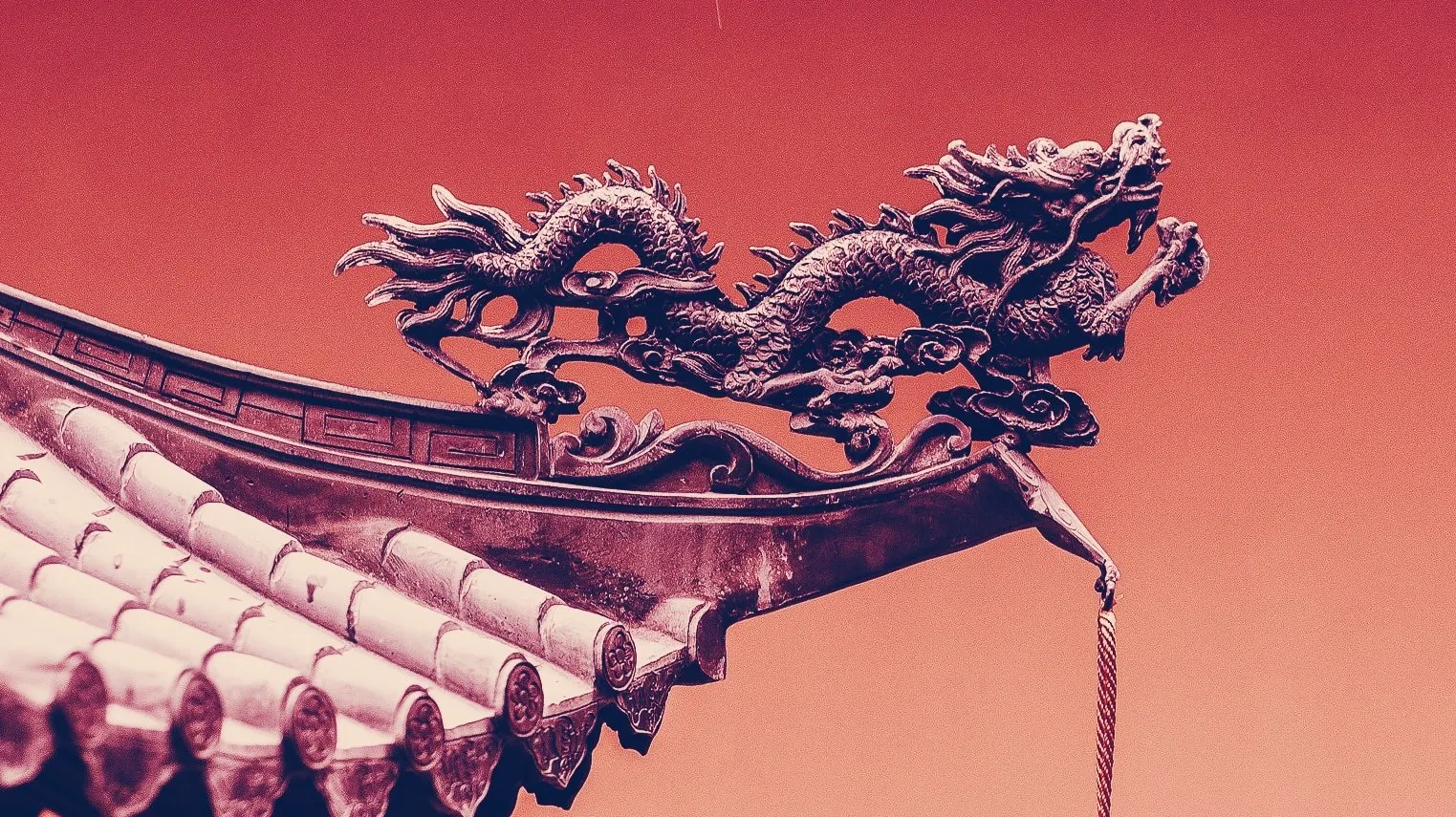Changpeng Zhao, the CEO of crypto exchange Binance, told Decrypt today that China’s central bank digital currency (CBDC) will be, “a very good thing for the industry.”
China is getting closer to releasing its own digital currency, which will be used for digital payments across the country. It has stepped up its progress towards a project it calls Digital Currency Electronic Payment (DCEP), because of the threat of Facebook’s Libra, which is closely connected to the US dollar. The DCEP will reportedly be issued by commercial banks and large corporations to China’s 1.3 billion citizens.
“Having such a large country issuing a CBDC will encourage other central banks to follow suit and issue their own digital currencies,” said Zhao. Indeed, the Bank of England has dallied with the idea, as has the Bank of Sweden. But to date, no major central bank has decided to implement such a radical idea.
Of course, central currencies aren’t true cryptocurrencies: China’s version is essentially a digital version of the country’s native fiat currency, the Renminbi, rather than a decentralized cryptocurrency.
But Zhao told Decrypt that having the digital currency is “better than not having it”. If people are familiar with, even centralized, digital currencies, Zhao said they’ll have an easier time migrating to decentralized cryptocurrencies, like Bitcoin or Binance Coin.
“My personal philosophy is the more digital currencies there are, the better. Having one more choice is always better than not having a choice,” he said.
Yet the Chinese government might disagree. It’s already cracked down on cryptocurrencies. Last year, China banned ICOs and cryptocurrency exchanges, which force Binance to move elsewhere. Zhao even acknowledged that it may try to force its own currency on the country and try to ban Bitcoin. But, he argued that, even if it wants to, “It’s basically impossible to enforce a complete ban of owning cryptocurrency.”

